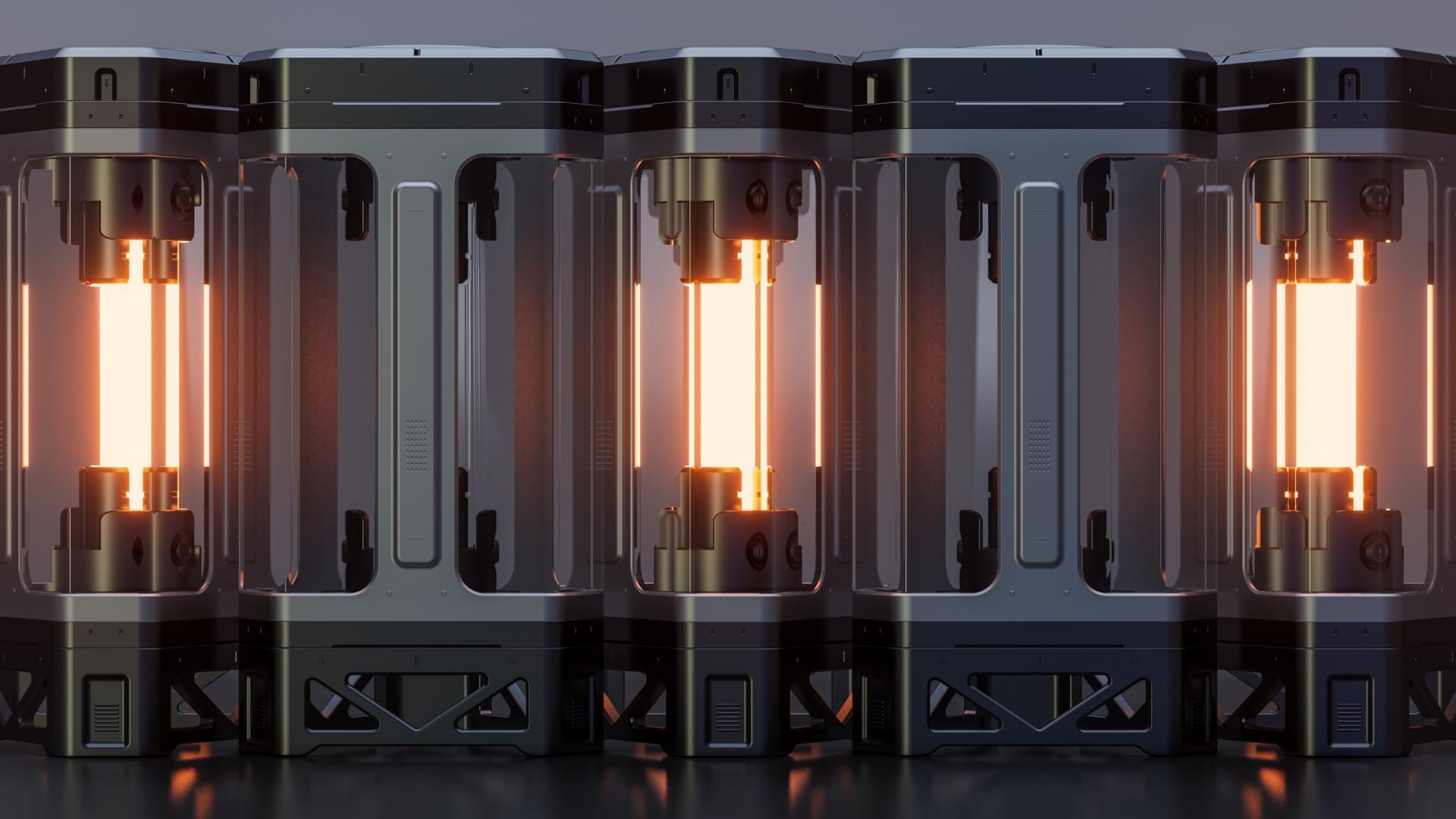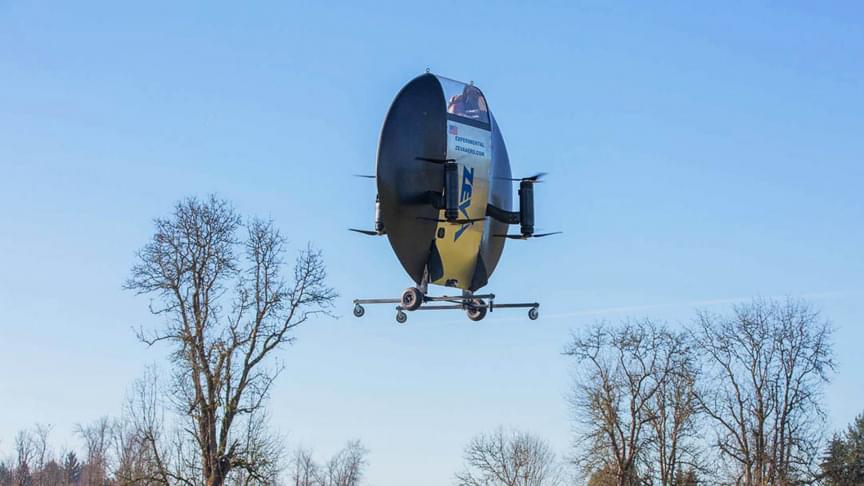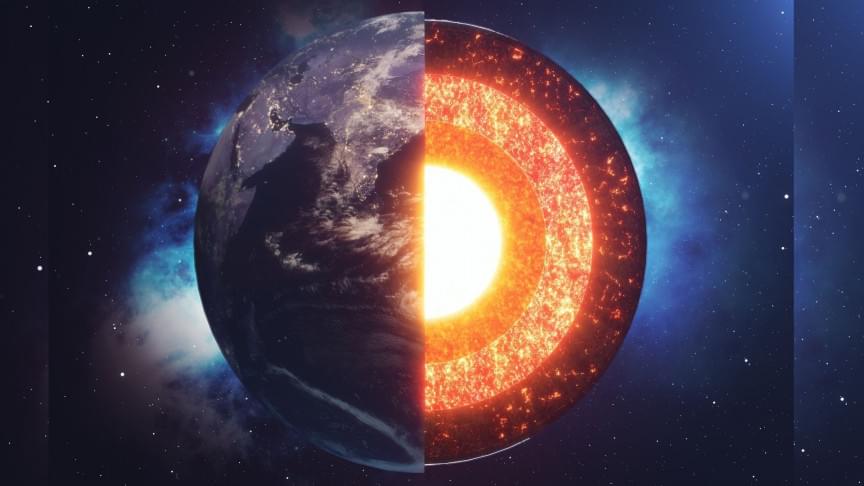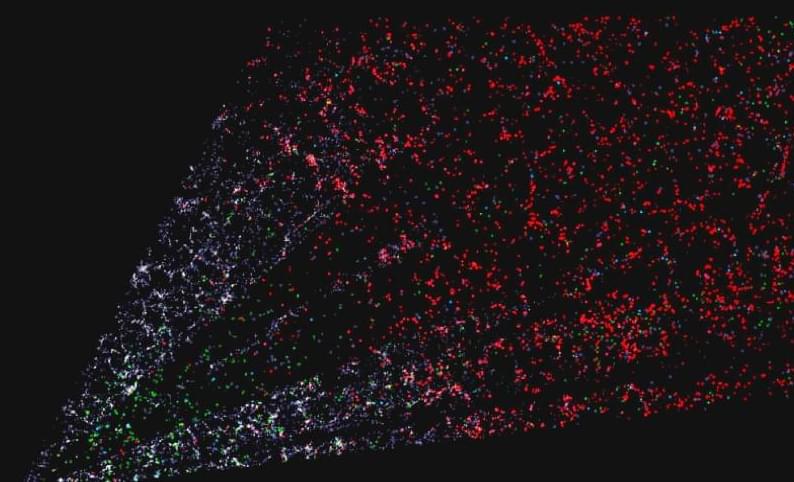Jan 17, 2022
We Are One Step Closer to Incredibly Compact, Powerful Quantum Batteries
Posted by Gemechu Taye in categories: computing, quantum physics
The bigger a quantum battery, the faster it charges.
Quantum batteries have the potential to store energy in a new class of compact, powerful devices that could boost our uptake of renewable energies and massively reduce our reliance on fossil fuels.
Now, an international group of scientists has taken an important step towards making these batteries a reality. According to a press statement from the University of Adelaide, the team has proved the crucial concept of superabsorption for the first time.
Continue reading “We Are One Step Closer to Incredibly Compact, Powerful Quantum Batteries” »

















